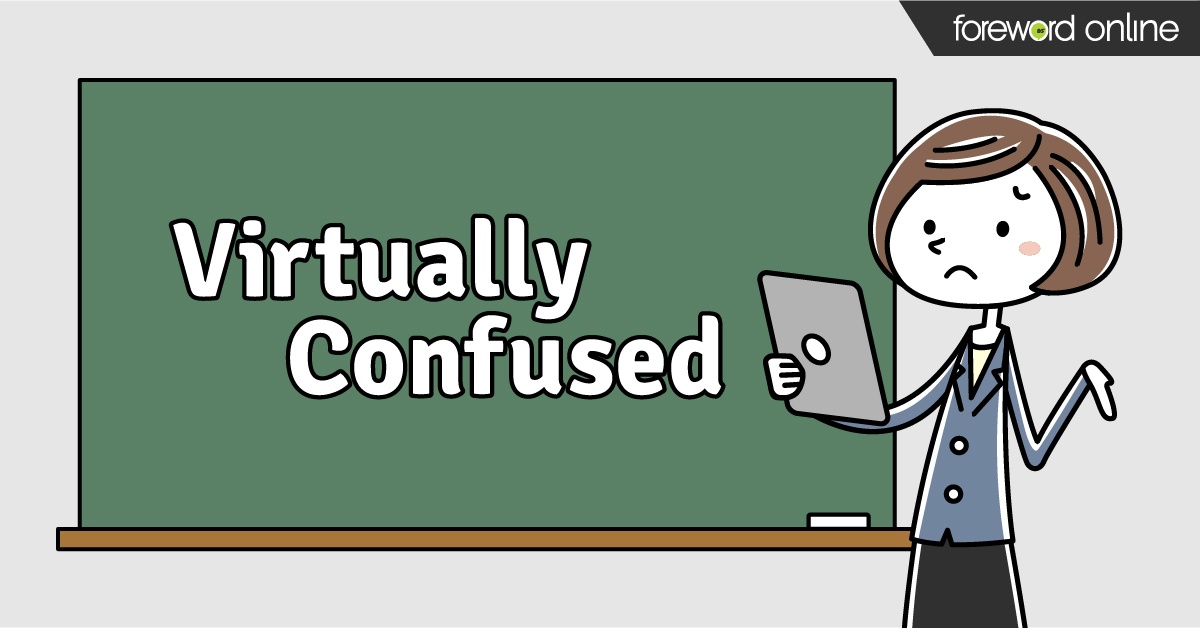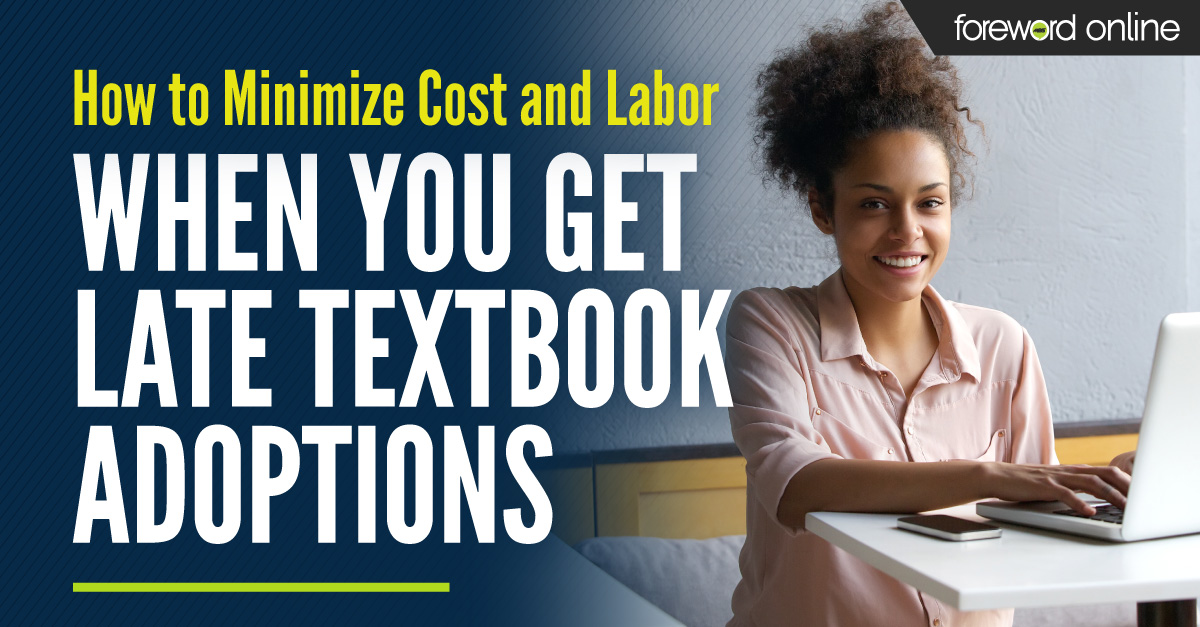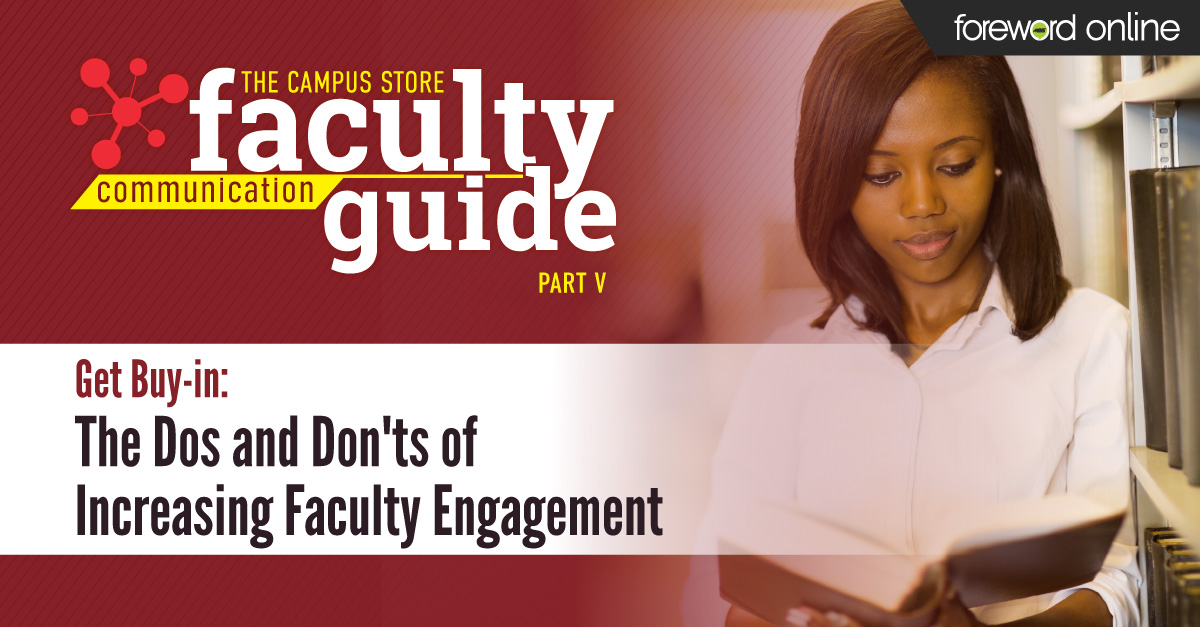When faculty adopt low-cost digital options like inclusive access or alternative content, it serves the bookstore. Even if it doesn’t boost overall revenues, students are more likely to purchase the lower-priced texts on time. When students have required materials, their grades improve, retention increases and administrators more readily recognize the campus store’s fundamental place in the academic community. There’s only one problem: too many faculty members aren’t aware of digital options. That places the onus on bookstore associates to educate teachers.
A 2016 study from the Babson Research Group showed that just over 25% of faculty are aware of open educational resources. A full 58% have no knowledge of free content at all. If they haven’t heard of OER — a hot topic in academic news — then they’re probably even less familiar with alternative content and inclusive access.
There are upsides to this challenge: Efforts to reach out to faculty can only further relations. It will make the adoptions process easier and raise your profile with campus higher-ups. Understanding how faculty experience ill-prepared students will help you start an empathetic conversation that piques their interest in digital options.
Excuses, excuses: The faculty experience
Planning a class involves much more than writing a syllabus and calendar. You also have to be ready for the students who will arrive unprepared. My early teaching years involved no end of frustrations that stemmed from earnestly prepping a class discussion based on shared reading only to discover that a full one-third of the students had no idea what I was talking about.
A flurry of excuses arrives on important deadline days via multiple channels: email, in class, in the office. Sometimes scrawled notes are slipped under the door. A big part of the job involves ferreting out the bad excuses from the good. Some students benefit from counseling; others deserve second chances. The remainder have to experience failure. Over time, I learned to manage; the process of teaching and grading became more streamlined. But, no matter how carefully I planned, I never taught a class that didn’t feature a host of interruptions and adjustments.
Some teachers create hard-and-fast deadlines, but, like many, I’ve always found there are solid exceptions. Sure, bad excuses abound. I didn’t know it was due. I had a fraternity function. What’s the paper about again? Teachers usually include deadline reminders in class and online. If students don’t experience consequences for lack of investment in school learning, what will they do when they enter the workforce? That’s no way to hang on to a job. So, no matter how they plead, it’s important to be firm in these circumstances.
On the other hand, there are good justifications for leniency. Students often have excellent — and heartbreaking — reasons for missing deadlines: a death in the family, a struggle with depression or other illness. Sometimes students break down emotionally from the pressure during midterms or finals. This can happen with nontraditional, first-generation students, who are inclined to pile on an excessive workloads early in their academic careers. They want so badly to prove to themselves and others that they can hack it. Or, maybe they have a full-time job and children at home.
When students fail to buy the required course materials on time, the excuses are plentiful. Bad ones go like this: I didn’t know which book to buy (it’s on the syllabus). I didn’t know we were going to use it (again, it’s on the syllabus and there were multiple class announcements). The bookstore doesn’t have it (possible, but doubtful). I’m waiting for the book to come from Amazon (order it earlier or find a reliable source like the campus store).
However, one kind of excuse is sure to strike the heart: I don’t have enough money. I’m waiting to get paid. My financial aid hasn’t come in yet.
If several students have that excuse, chaos ensues. Lectures, homework assignments, even tests must be shuffled. Those who already have the text grow angry, waiting for others to catch up.
When you talk digital options with faculty, let this insight guide your dialogue. As a way of opening conversation, you could ask teachers how they manage when students say they can’t afford the required text, or when they simply show up repeatedly without a book (I don’t know many teachers who actually enjoy failing the kids who have no good reason to arrive unprepared). Then take the opportunity to inform them of options that will streamline their workload. They’re likely to be grateful for your wisdom.
Stay tuned to Foreword Online for an upcoming feature with advice about how you might structure a faculty event devoted to digital options.






